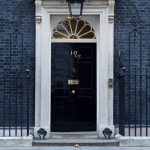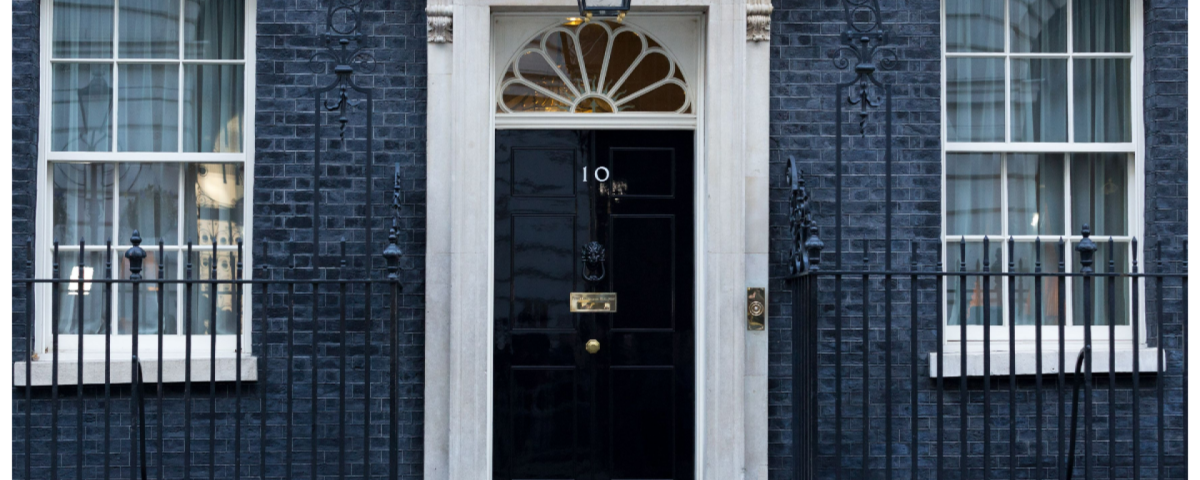
Where do the PM hopefuls stand on contracting and self-employment?
21 August 2022
How Contractors Can Maximise Their Take-Home Pay
17 October 2024Rishi Sunak was appointed Prime Minister on 25th October, less than a week after the resignation of Liz Truss. Truss stepped down from the role after facing criticism over the Growth Plan, announced during her short time in office.
The Growth Plan was expected to present solutions to the cost of living crisis, but instead led to further economic uncertainty. It was quickly followed by the sacking of Kwasi Kwarteng as Chancellor. His replacement, Jeremy Hunt, swiftly rowed back on almost all of the measures announced in the Growth Plan, including the repeal of IR35 reform.
It’s been a busy and confusing month, and difficult to keep up with all the changes and what they mean. Below, we outline Sunak’s stance on the key taxes affecting contractors, to give you an idea of what you can expect from him as Prime Minister.
Where does Sunak stand on IR35?
Sunak served as Chancellor of the Exchequer in Boris Johnson’s government, and held the position when IR35 reform was implemented in the private sector.
Similarly, at his final budget as Chancellor – the Spring Budget this year – he failed to address IR35. He was also silent on the issue during his initial bid to become Prime Minister during the Conservative Party leadership campaign over the summer.
As such, contractors should assume that IR35 reform will remain in place for the foreseeable future. Experts and lobbying groups continue to call for a review, however.
What about Corporation Tax?
As Chancellor, Sunak introduced an increase in Corporation Tax from 19% to 25% – set to take effect in April 2023 – for limited companies with profits over £250,000.
This planned increase was cancelled under Truss, before being reversed soon after Jeremy Hunt became Chancellor. So, as it stands, Corporation Tax will increase to 25% in April next year for qualifying businesses.
Not all contractors will pay the 25% rate, though. There is a ‘Small Profits Rate’ (19%) for businesses with profits of £50,000 or less. And organisations with profits between these two thresholds (£50,000-£250,000) will pay the 25% rate, reduced by a marginal relief.
What about National Insurance?
Again, during his time as Chancellor, Sunak introduced a 1.25 percentage point increase to National Insurance.
However, the reversal of this increase was one of the few tax cuts to survive a series of U-turns which followed the Growth Plan. And it could remain this way, with news reports suggesting that reversing the cut to National Insurance would be “politically impossible”.
Will Dividend Tax change?
Alongside the National Insurance rise, Sunak announced a 1.25 percentage point rise to Dividend Tax while serving as Chancellor. This was introduced in April 2022.
Kwasi Kwarteng laid out plans to scrap this rise, before his successor, Jeremy Hunt took the decision to keep it in place. Whether or not Sunak, as Prime Minister, will reduce this tax seems unlikely given he introduced it as Chancellor.
Sunak’s stance on Income Tax
Truss’s Growth Plan had cut the basic rate of Income Tax from 20% to 19%, and abolished the additional rate (45%) altogether. Both of these moves have been reversed. Currently, then:
-
The basic rate (20%) applies to income between £12,750 - £50,270
-
The higher rate applies to income between £50,270 - £150,000
-
The additional rate applies to income over £150,000
However, over the summer, Sunak had pledged to cut the basic rate of Income Tax, from 20% to 16% by the end of the next parliament. Assuming his party remains in government until then, or beyond it, he has plenty of time to work out how to implement such a tax cut.
Sunak promises fiscal responsibility
During the Conservative Party leadership contest, Sunak campaigned on a platform of fiscal responsibility, promising to lower taxes when inflation was under control. Now he holds office, he will be expected to deliver a workable budget to support businesses and individuals through the deepening cost of living crisis.
We will learn more about Sunak’s plans at the Autumn Budget, which will be announced on 17th November. Needless to say, contractors will be hoping that the new Prime Minister uses the occasion to deliver some good news.

